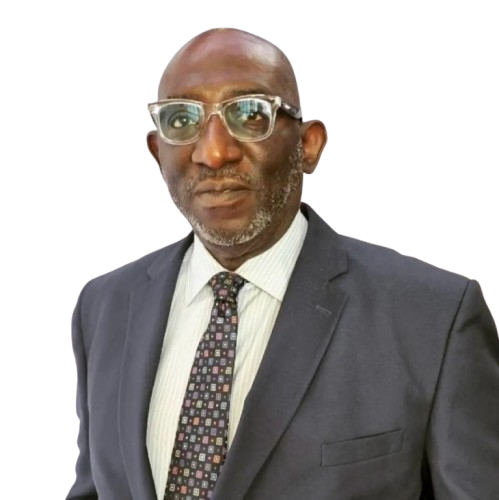By Zion Rufus
Notable personalities in Nigeria’s healthcare and wellness sector gathered at the Lagos Marriott Hotel in Ikeja for the official launch and maiden conference of the Arogi Trauma Care Foundation (ACTF), a not-for-profit organization established to make free counselling and therapy accessible to traumatised individuals.
The maiden conference themed “Dealing with life’s emotional struggles” held the presence of renowned professor of psychology, Professor Andrew Zamani who addressed the conference on “Dealing with marital traumas; Award-winning radio broadcaster, Andrea Oduobi-Teke spoke on “Dealing with life’s emotional struggles”; whilst Consultant clinical psychologist, Dr. Charles Umeh highlighted “How to find happiness”.
Experts at the conference commended the Arogi team for “launching at a time when Nigerians are saddled with depression, traumas, suicidal tendencies, and worry” amongst other things. According to the professionals, there are a lot of “hidden pains” masked behind smiles and laughter that people are yet to identify as depressions and/trauma.
Highlighting viral slangs such as “we move”, “going through a lot”, “easy, Jeje”, as some methods of escapism that the Nigerian social media community have adopted, Dr Fred Nnadi said: “We won’t be lying if we state the obvious that Nigerians are going through a lot. And Arogi couldn’t have come at a better time. People actually need a place where they can go for therapy, infact free therapy, because finance is another constraint.”
Against the backdrop of the whopping amount of alcohol consumed by Nigerians in the first half of 2022, a figure which sat at an alarming N599.11 billion, Nnadi said: “People need to be able to talk about their emotions, instead of drowning it in alcohol. Alcohol is not the way out. Nigerians have always had that “we move” capabilities, like we just move on from anything, and get up from anything. But you realize that people just subdue those emotions with entertainment and alcohol, instead of addressing the issue.”
Validating Nnadi’s position on the relationship between trauma, depression, and alcoholism, Professor Andrew Zamani said: “Trauma has been a very elusive mental situation in this country, and right now, I think we are taking the bull by the horn. Research has it that most alcohol abusers are depressed, and alcoholism is a means by which people try to cope with their daily life challenges; albeit maladaptive.”
“And when people who abuse alcohol discover that they can bury their woes and escape the reality of their stresses, they tend to repeat and increase their indulgence. That eventually leads to depression because they soon realize that alcohol does not solve the problem.”
On his part, Business guru and founder of Brands Optimal, Grey Cottage, and Arogi Trauma Care Foundation, Otis Ojeikhoa explained that although people know that they are traumatized, they stay in denial because they believe that “somehow, someday, things will get better.”
“Things getting better means that on your own, you have to be better. You have to heal, you have to recover, and know how to develop better coping mechanisms. Through qualified interventions, people can develop proper and positive coping mechanisms.”
“Alcohol and drug use are some of the readily available and horrible coping mechanisms that people sadly resort to instead of reaching out for interventions. But we have been here, and now we have officially launched to offer these healthy interventions to people.”
In August, Founder and CEO Brands Optimal, Otis Ojeikhoa was graced with the Voice Achievers Business Excellence Award and a global recognition which commended the impact and efforts of the Arogi Trauma Care Foundation.
Commenting on the award, Ojeikhoa said: “Through the financial contribution of Brands Optimal, Arogi is touching lives in immeasurable ways. In the last 3 months, we have over 781 people who have received one form of help or the other for their emotional and mental health experiences. It is amazing how many people are depressed, how many people are unhappy, how many people have not been able to heal from difficult emotional traumas.”






Comment
No comments found.